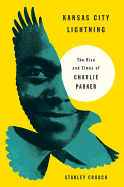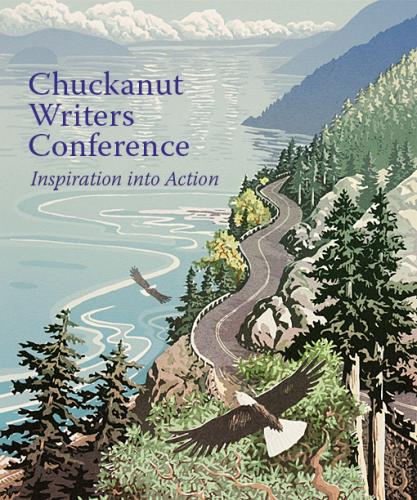 Earlier this summer, the Chuckanut Writers' Conference held its third annual event in Bellingham, Wash., at Whatcom Community College. Co-presented by the college and Village Books (and partly sponsored by Shelf Awareness, among others), the theme this year was "Inspiration into Action," ably put into practice by the enthusiasm of the 16 faculty members and the 150 attendees.
Earlier this summer, the Chuckanut Writers' Conference held its third annual event in Bellingham, Wash., at Whatcom Community College. Co-presented by the college and Village Books (and partly sponsored by Shelf Awareness, among others), the theme this year was "Inspiration into Action," ably put into practice by the enthusiasm of the 16 faculty members and the 150 attendees.
The faculty members included a publicist (Alice Acheson), educators, a publisher (Gary Luke from Sasquatch Books), agents and, of course, writers, with three Writers' Studio plenary sessions, 25 breakout sessions, faculty readings, faculty book signings, and even a bit of tai chi. From "Writing a Book Proposal" (Suzanne Paola) to "Life Story" (Brenda Peterson) to "Making Chicken Soup from Chicken Scratch" (Wendy Call), it all made for a very full and rewarding weekend.
Garth Stein opened the conference with "The Writer and Society." His talk was inspirational and rousing; Frances McCue said it "ignited a sense of courage about writing." Naseem Rakha's plenary speech, "The Radical Rib," was igniting also--passionate and heartfelt, and she strode about the stage like a performance artist and pushed the audience to "Be honest. Be true. Be radical. Be a writer." She spoke of the magic that is story. "In order to find your passion you have to get through what blocks you." And "Writing is where the sticky and scary stuff is if you write with passion." If you are spending your time writing, make sure what you are writing you are passionate about, because life goes by very fast.
Frances McCue gave another stimulating, kinesthetically adept plenary talk about "The Mighty Contraption," confirming the impression that many of the faculty members are also, in fact, performance artists. She likened the writer's work to a contraption, saying that it "can be a fragile thing, and some screws could pop out in the feedback process." How does one protect the contraption? One way is to be careful about the language you use to get feedback. Your readers may not know what you want, so make sure they are reading what you think you have written. You should be able to agree on at least that. "What we all want more than anything is a good reader." She is a not a fan of altering one's writing because of "community feedback;" the artist must stay in charge of the contraption. It's not a well-oiled machine.
For a different, more nuts-and-bolts kind of inspiration, in "Marketing Is Everyone's Job," Alice Acheson said authors have to bear some responsibility for marketing to find a paying audience. She had no magic for authors; instead, she had a plethora of advice, from a six-page author questionnaire to the creation of a short, verbal pitch: you have no idea to whom you might be talking, and to whom they might be related. The greatest marketing tool of all is the voice.
Gary Luke, in his "Life of the Book," answered the question, "Why does it take so long to make a book?" with a 60-step response. Even the humorous reasons had more than a grain of truth. Some of the steps: The author gets an idea. Author turns in manuscript only two months late. Hooray. Editor lavishes praise upon the author but urges major revisions--the manuscript is 10,000 words too long. A year after the start, the sales department says the title is too boring and won't sell books. Editor scrambles to come up with an alternative and negotiates a happy solution, absent his own sense of what the book should be called. Repeat above for subtitle. Readers flock to stores after hearing clever author on NPR. Tornado sweeps across the Southeast and Norway declares war on Sweden. The buzz on the book drops.
"Inspiration into Action" was an appropriately named conference: the attendees all seemed to be wholeheartedly serious and enthusiastic, as were the faculty members and the associates who put the conference on. One thing stood out, which hopefully is the norm at all conferences like this: the faculty were unstinting in their generous praise of each others' works. I bought three books at the mini-store that Village Books had set up, based purely on authors' praises in their sessions. That's good selling. --Marilyn Dahl, editor, Shelf Awareness for Readers








 Four days before his first visit to the Washington Post, which
Four days before his first visit to the Washington Post, which  Effective Sunday,
Effective Sunday, 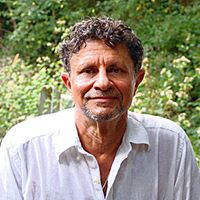
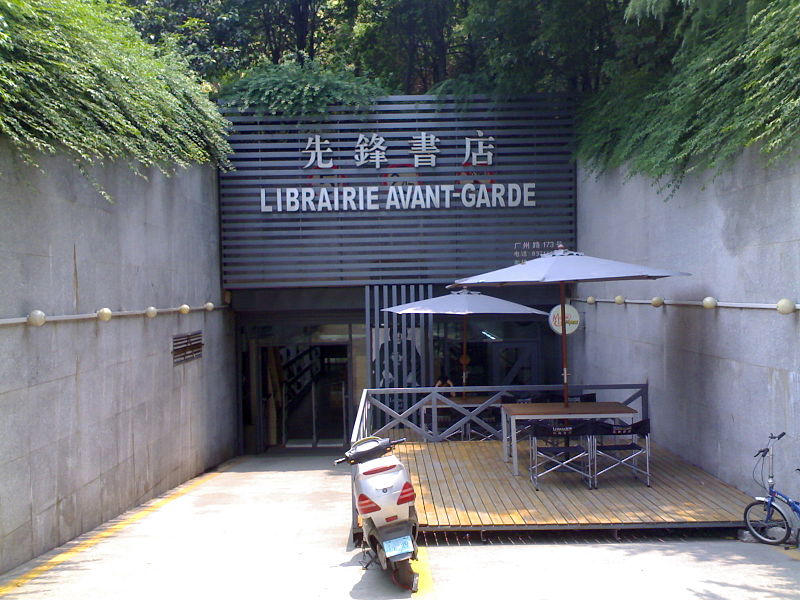 To find the "most beautiful bookstore in China, travelers just have to follow the yellow-striped road to an underground car park," CNN reported, noting that before
To find the "most beautiful bookstore in China, travelers just have to follow the yellow-striped road to an underground car park," CNN reported, noting that before 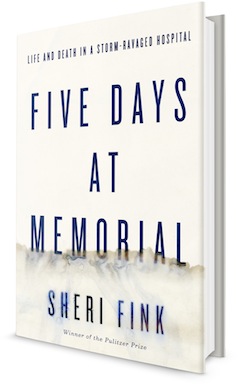 The
The  Every bookseller can tell you one of those stories you would only experience working in a bookstore. On Saturday, Nick Berg of
Every bookseller can tell you one of those stories you would only experience working in a bookstore. On Saturday, Nick Berg of 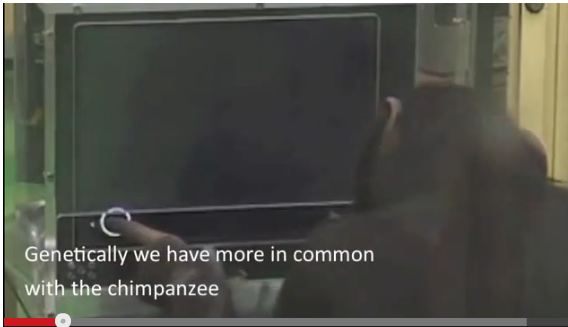 A Beautiful Truth
A Beautiful Truth Charlie Hunnam (FX's Sons of Anarchy) and Dakota Johnson (The Social Network) have been cast in the roles of Christian Grey and Anastasia Steele in the Universal Pictures and Focus Features adaptation of
Charlie Hunnam (FX's Sons of Anarchy) and Dakota Johnson (The Social Network) have been cast in the roles of Christian Grey and Anastasia Steele in the Universal Pictures and Focus Features adaptation of  Johnson is the daughter of actors Don Johnson and Melanie Griffith. "It is
Johnson is the daughter of actors Don Johnson and Melanie Griffith. "It is 
 Earlier this summer, the
Earlier this summer, the 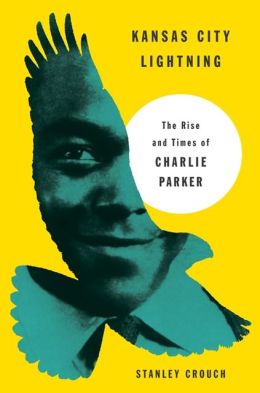 The controversial critic Stanley Crouch has worked for 30 years to complete his two-volume biography of saxophonist Charlie "Bird" Parker. The wait is understandable considering Crouch's output during this time: a dozen books (e.g., Notes of a Hanging Judge, The Artificial White Man), poetry, jazz criticism, television spots, NPR commentary and New York Daily News columns. In Kansas City Lightning, the first volume of his epic biography, he gathers interviews, primary news stories, early recordings and period photographs and spins them with a novelist's touch into the story of Parker's journey from cruising the jazz clubs of "Boss Tom" Pendergast's wide-open 1930s Kansas City to 1940 Harlem, trying to jam his way into a full-time gig at Clark Monroe's Uptown House. When this volume ends, Parker is only 20 years old and already a father, a heroin addict and the genius who caused his fellow Midwestern musicians to marvel at his sounds, "devoid of vibrato, notes flying thick as buckshot, slapping chords this way and that, rambling quicker with more different kinds of rhythms than they'd ever heard from a saxophone."
The controversial critic Stanley Crouch has worked for 30 years to complete his two-volume biography of saxophonist Charlie "Bird" Parker. The wait is understandable considering Crouch's output during this time: a dozen books (e.g., Notes of a Hanging Judge, The Artificial White Man), poetry, jazz criticism, television spots, NPR commentary and New York Daily News columns. In Kansas City Lightning, the first volume of his epic biography, he gathers interviews, primary news stories, early recordings and period photographs and spins them with a novelist's touch into the story of Parker's journey from cruising the jazz clubs of "Boss Tom" Pendergast's wide-open 1930s Kansas City to 1940 Harlem, trying to jam his way into a full-time gig at Clark Monroe's Uptown House. When this volume ends, Parker is only 20 years old and already a father, a heroin addict and the genius who caused his fellow Midwestern musicians to marvel at his sounds, "devoid of vibrato, notes flying thick as buckshot, slapping chords this way and that, rambling quicker with more different kinds of rhythms than they'd ever heard from a saxophone."